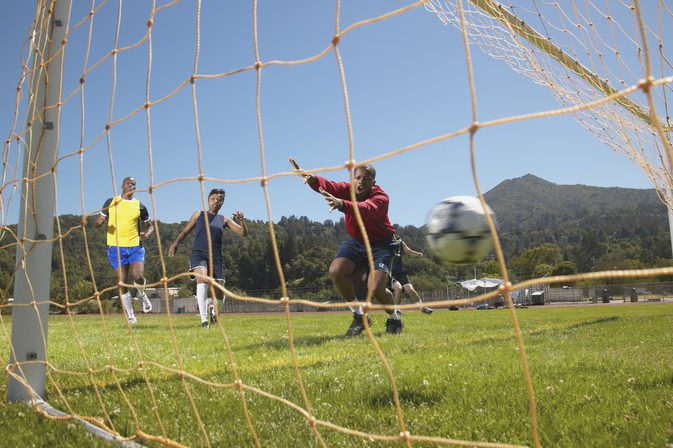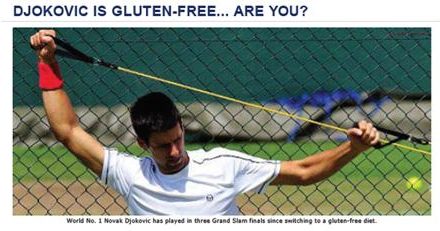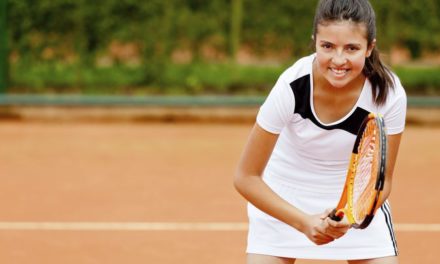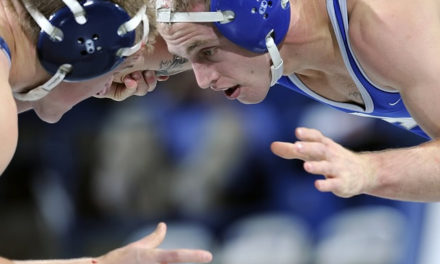f you want to bend it like Beckham or just compete in your local soccer league, the right diet is a must. Soccer is an intense sport requiring massive amounts of strength, speed and agility. To meet their nutritional needs, athletes must get enough calories, vitamins, minerals and fluid, the President’s Council on Fitness, Sports and Nutrition reports. Following a few powerful diet and nutrition tips can take your soccer game to the next level.
Calories
Soccer players require more calories than sedentary individuals. To maintain body weight and muscle mass, it’s important to eat enough calories from healthy foods. The ideal way to know if you’re eating enough calories is to keep an eye on your weight. If it’s increasing, you’re probably eating too many calories. If your weight is dropping, it may be time to increase your caloric intake. The President’s Council on Fitness, Sports and Nutrition recommends that athletes get about 60 percent of their calories from carbohydrates, less than 30 percent from fat and the remainder from protein.
Hydration
Hydration is an important aspect of performance during soccer, Cristiano Ralo Monteiro of the Escola Paulista de Medicina reports. In his paper published in the July 2003 issue of “Revista Brasileira de Medicina do Esporte,” Monteiro states that properly hydrating before, during and after a competition is important, as even slight dehydration can hinder soccer performance. He reports that the rules of soccer — with players on the field for extended periods — do not promote adequate hydration. Also, competing in the heat is an important consideration for outdoor soccer players. Drink extra fluid in the form of water or an electrolyte beverage during hot or humid days. Monteiro recommends drinking a cold beverage containing sodium and carbohydrates to aid in exercise recovery. Avoid rehydrating with caffeinated or alcoholic beverages.
Recovery
After a soccer game or practice, the body’s stores of carbohydrates and fluid are likely depleted. In addition to hydrating, consume a carbohydrate- and protein-rich meal immediately following the workout. A protein and carbohydrate mixture boosts recovery more than carbohydrates alone, “USA Today” reports. The carbohydrates help the body prepare for future workouts. Protein aids in muscle repair. Examples of post-workout recovery meals include chocolate milk, a bowl of whole grain cereal with skim milk, and a yogurt and fruit parfait.
Pre-Competition
The meal or snack that you eat before competition can help you perform better. Eat a carbohydrate-rich meal about two hours before a soccer match. Limit the amount of fat that you eat before the match, as this can cause stomach discomfort during exercise. Good carbohydrate choices include yams, whole grains and fruit.






Recent Comments